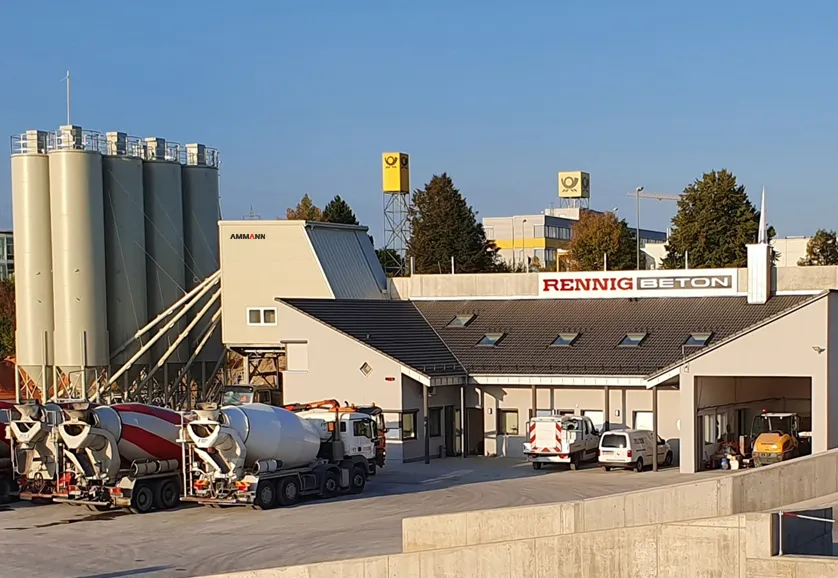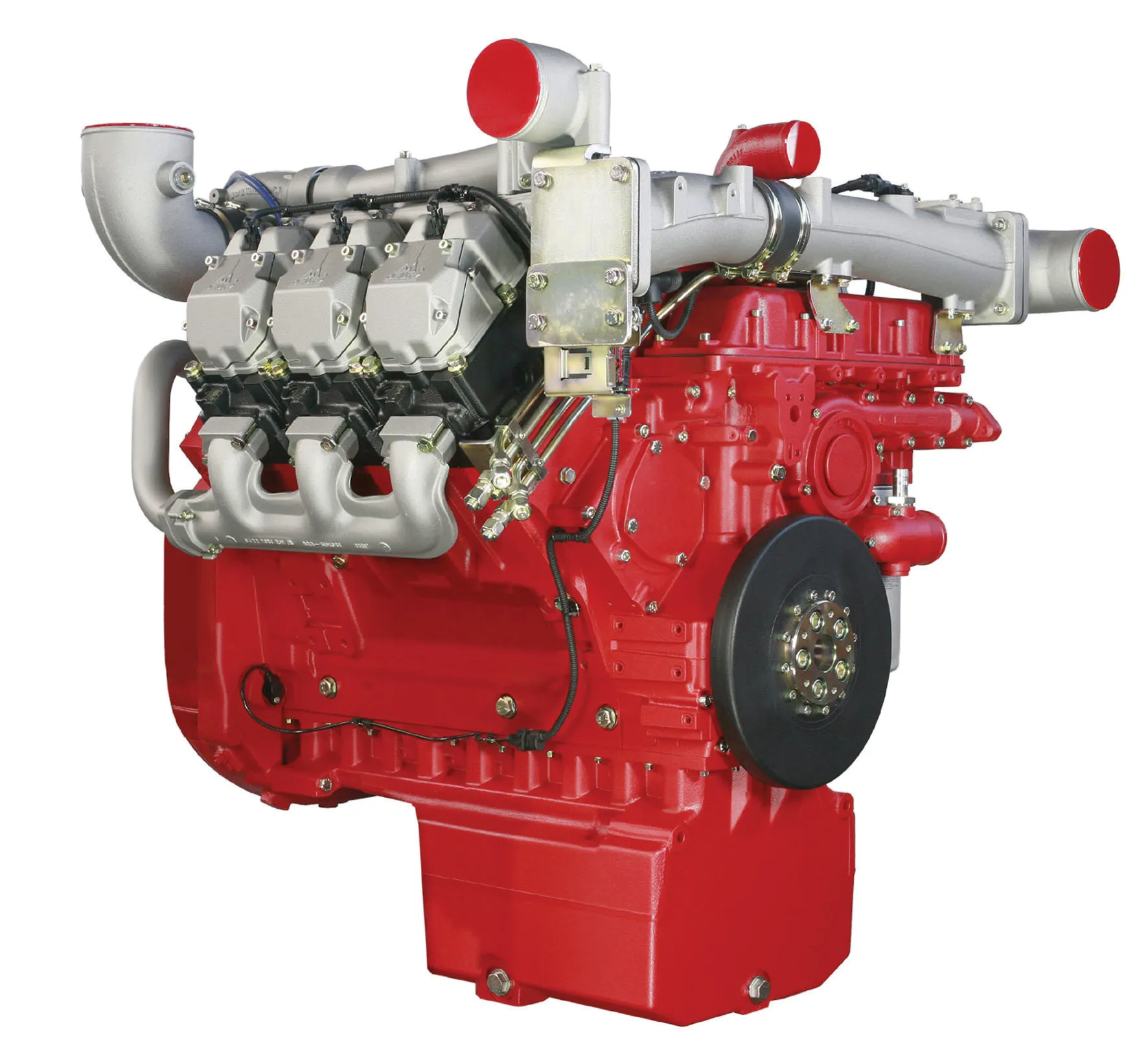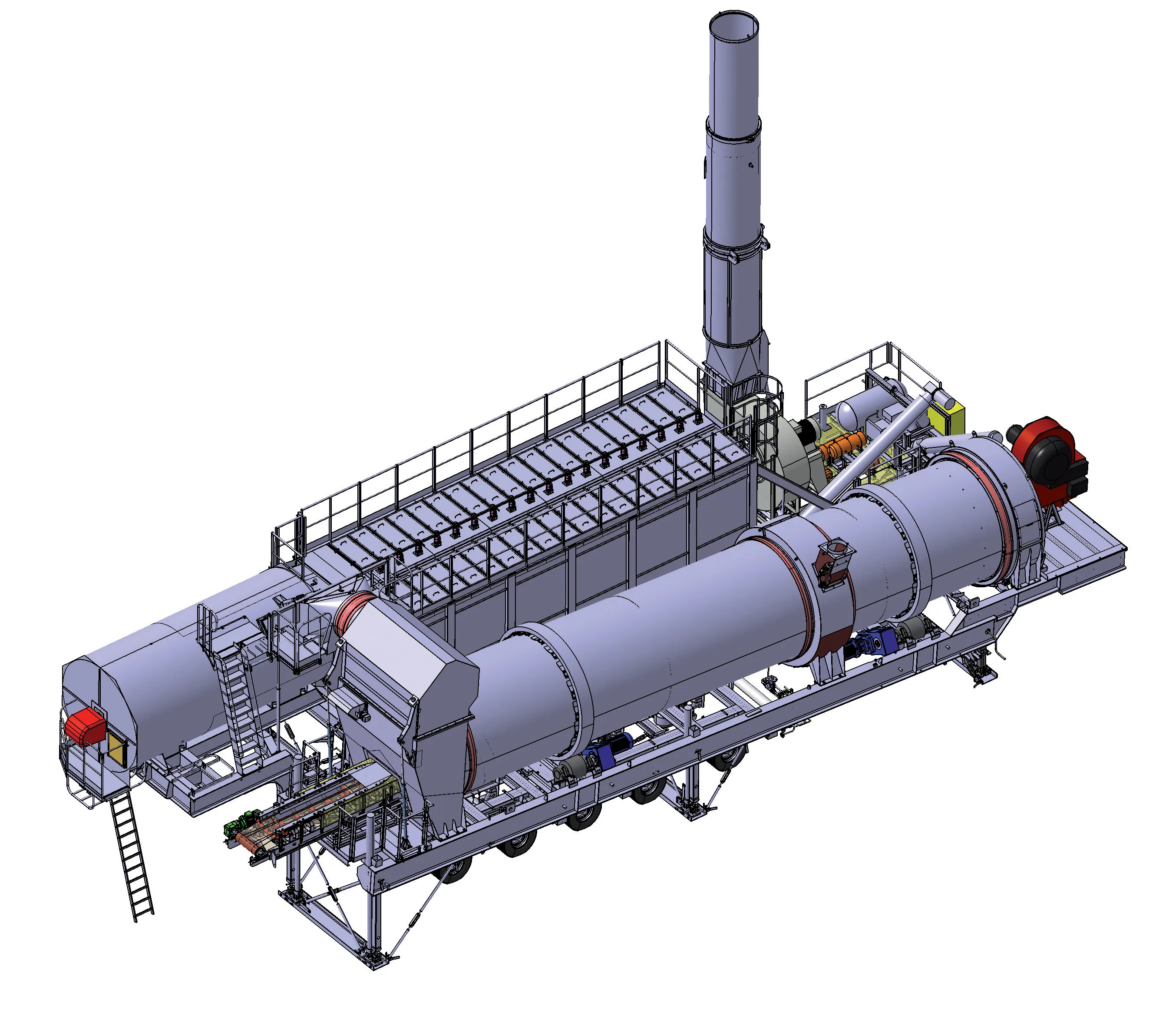Highly innovative, LINTEC’s new LEP 95 system is a new, patented warm mix asphalt solution. This can be configured to produce both hot and warm mix asphalt depending on demand at the job site. A major reduction in energy consumption and emissions can be achieved by the LINTEC system working in a temperature range of 95°C-100°C. This unitcan be fitted to new or existing plants and is said to produce a smooth and stable foam for an optimum mixing result at low temperatures, while it is reliable and has low ma
March 16, 2016
Read time: 2 mins

Highly innovative, 1177 LINTEC’s new LEP 95 system is a new, patented warm mix asphalt solution. This can be configured to produce both hot and warm mix asphalt depending on demand at the job site. A major reduction in energy consumption and emissions can be achieved by the LINTEC system working in a temperature range of 95°C-100°C. This unitcan be fitted to new or existing plants and is said to produce a smooth and stable foam for an optimum mixing result at low temperatures, while it is reliable and has low maintenance needs.
LINTEC is also offering its versatile and mobile CSD 1200 asphalt plant. This can be transported easily as it comes in standard shipping containers, while also meeting tight safety requirements for operating in major markets. A key operating feature is the patented screen drum technology, which is said to reduce energy consumption by 15%. Other advantages include easy maintenance and a highly advanced control system that allows the operator to make a wide array of mixes to suit differing application requirements. As with other LINTEC plants, the basic CSD 1200 system can be extended with an array of hot storage and recycling solutions (RAP).
The firm offers a compact external hot storage silo with a capacity of 100tonnes that features two chambers, while a bigger version with four chambers has a total asphalt capacity of 270tonnes of asphalt. The compact silo can also be upgraded to 270tonnes by adding additional containers. Both versions are said to feature easy maintenance.
The company can also install its efficient asphalt burners (LAB series), with ratings from 6-24MW. High efficiency is claimed due to electronically controlled combustion, as well as low emissions and high safety standards. They are available for light oil, heavy oil and gas or fuel combinations, while single fuel burners can be retrofitted for dual fuel use.
All videos
LINTEC is also offering its versatile and mobile CSD 1200 asphalt plant. This can be transported easily as it comes in standard shipping containers, while also meeting tight safety requirements for operating in major markets. A key operating feature is the patented screen drum technology, which is said to reduce energy consumption by 15%. Other advantages include easy maintenance and a highly advanced control system that allows the operator to make a wide array of mixes to suit differing application requirements. As with other LINTEC plants, the basic CSD 1200 system can be extended with an array of hot storage and recycling solutions (RAP).
The firm offers a compact external hot storage silo with a capacity of 100tonnes that features two chambers, while a bigger version with four chambers has a total asphalt capacity of 270tonnes of asphalt. The compact silo can also be upgraded to 270tonnes by adding additional containers. Both versions are said to feature easy maintenance.
The company can also install its efficient asphalt burners (LAB series), with ratings from 6-24MW. High efficiency is claimed due to electronically controlled combustion, as well as low emissions and high safety standards. They are available for light oil, heavy oil and gas or fuel combinations, while single fuel burners can be retrofitted for dual fuel use.
All videos









